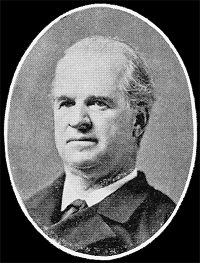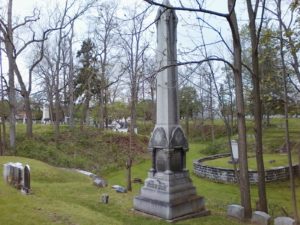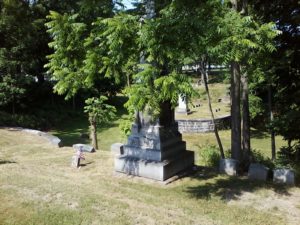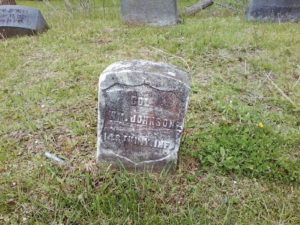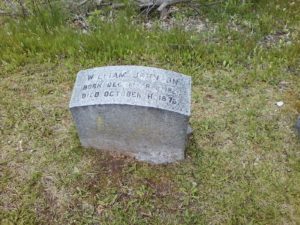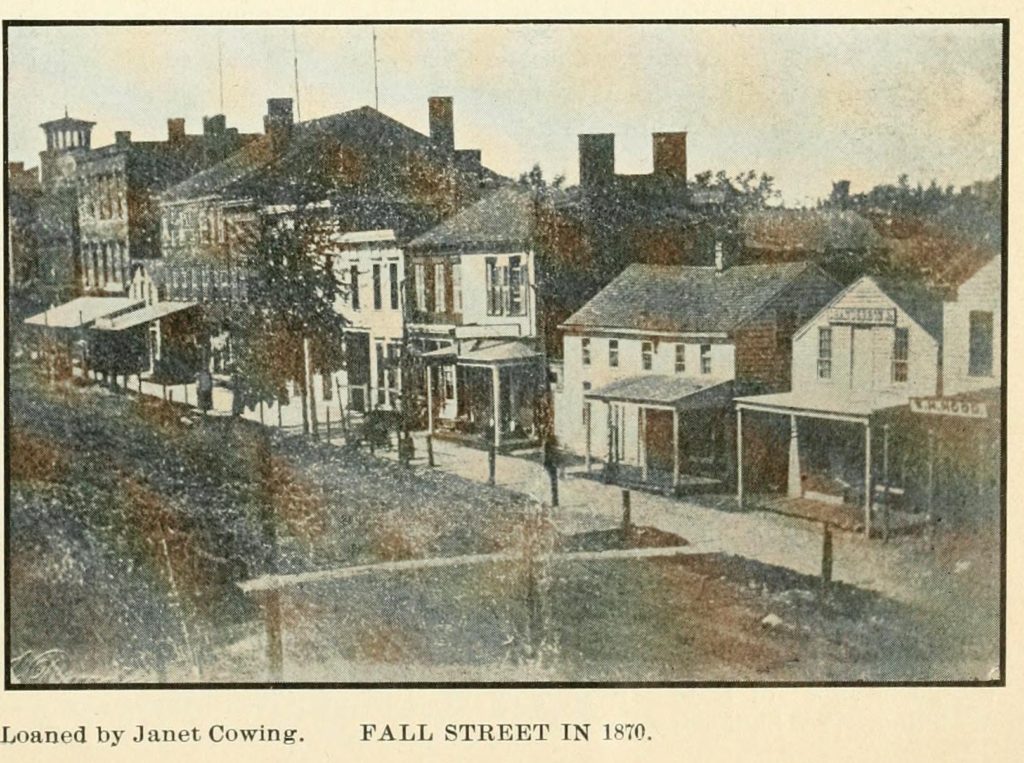From a Seneca County, New York newspaper in June 1866:
PERSONAL. – Col. WM. JOHNSON arrived home from Tennessee on Tuesday last, having been absent some four or five months. The Colonel is looking well and seems to be enjoying very good health.
William Johnson built more than Memphis street railroads. According to “Grip’s” Historical Souvenir No. 17: Seneca Falls, N.Y and Vicinity. (pp. 134–5) William Johnson was born in Williamstown, Massachusetts. The family was living in Frankfort, New York when William’s father died. The small “… boy William [was] thrown on his own resources. By pluck and perseverance he made his own way to a high position.” When he was 14 he began studying mechanics and eventually became a contractor on public works. After moving to Seneca Falls, he was a large contractor on state canals and railroads between 1849 and 1856; he then began to manufacture woolen goods. Mr. Johnson was elected to the state assembly as a Democrat in 1860. When the war broke out the New York governor appointed him as Seneca County’s representative on the war committee. Colonel Johnson recruited and led the 148th Infantry “until poor health forced him to resign.” “Returning home, he was not idle, for during the remainder of the war he gave to the cause of perpetuity of federal government, both his personal influence and means.” After the war he pursued business interests in Seneca County and New York City. He promoted public utilities in Seneca Falls, and was elected twice to the state senate. His “comparatively sudden” death occurred on October 11, 1875.
Colonel Johnson prepped the 148th at Camp Swift in Geneva, New York.
Here are some shots of the Johnson family plot at Restvale Cemetery in Seneca Falls, New York.

